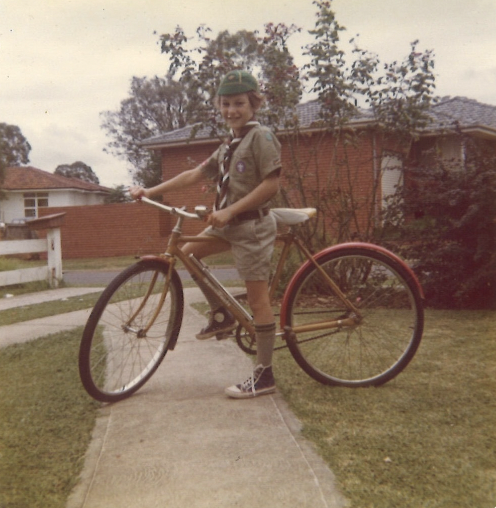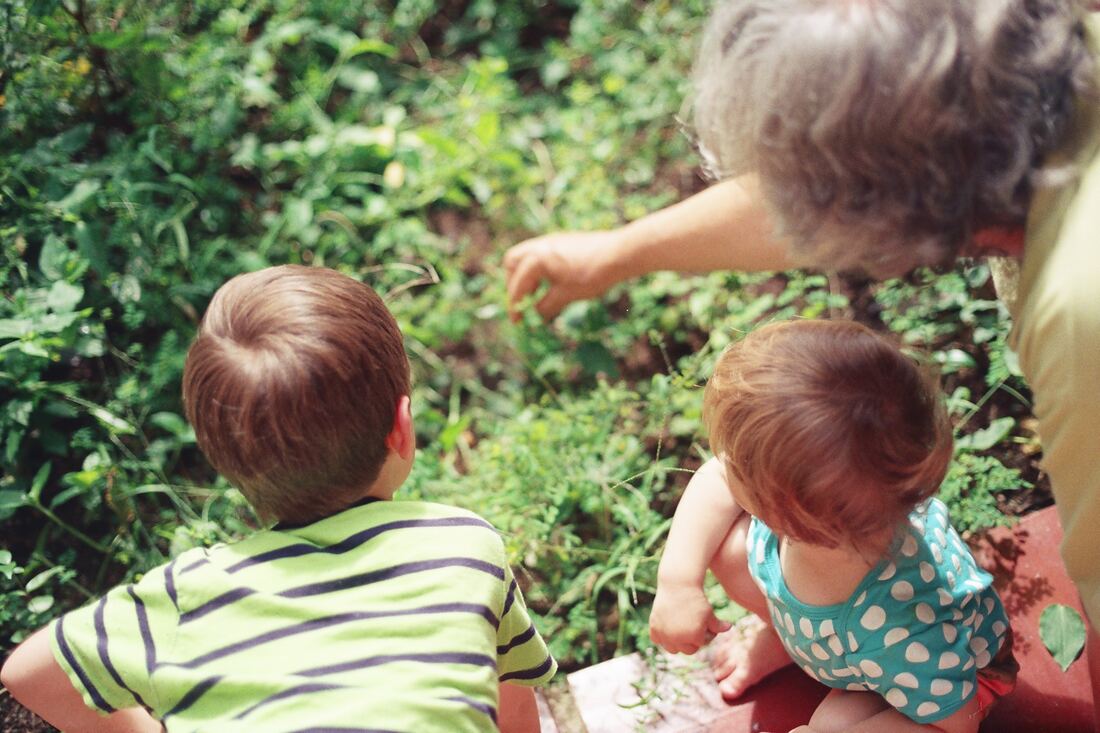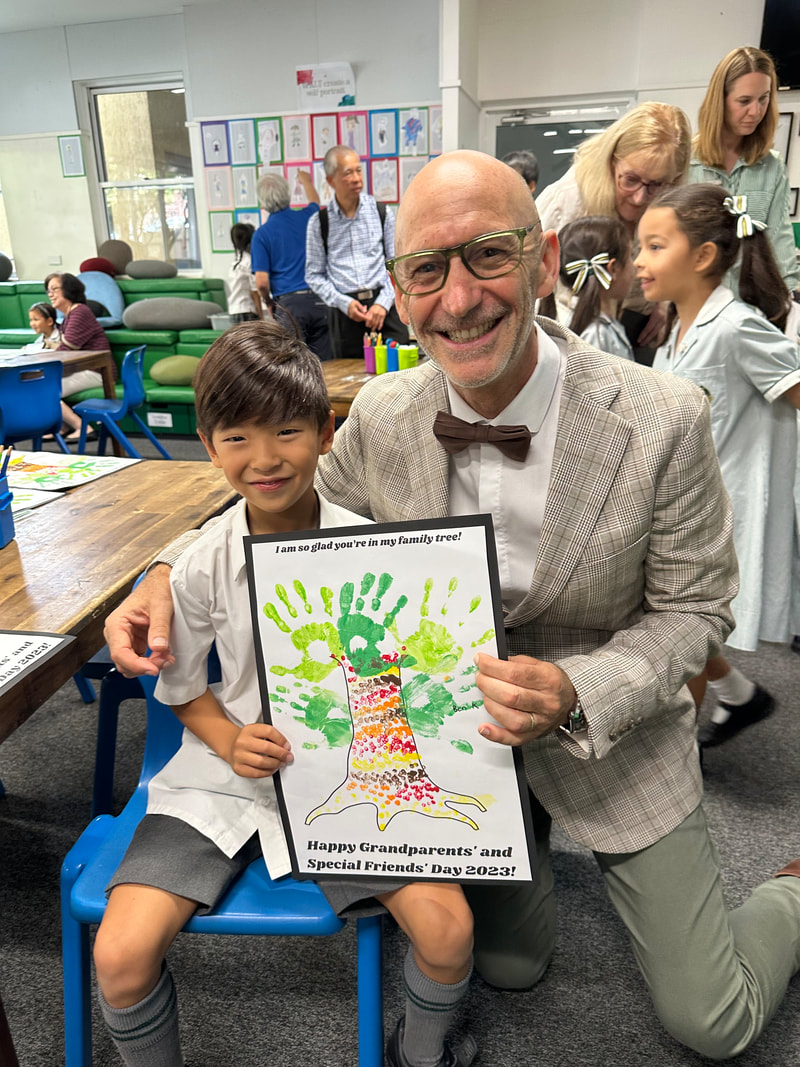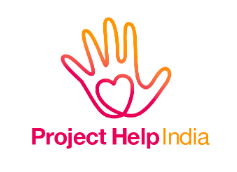|
Today my school held our annual ‘Grandparents and Special Friends Day’. It was such a heart-warming occasion. The sun was shining, the rain held off and the children’s performances were magnificent. The classrooms looked brilliant showcasing the artistic endeavours and academic work of our students. I thank and honour the hard work of the teachers and many others who made the occassion possible.
This morning I encouraged our visitors to consider the following reflections. Time with a grandparent or special friend is a precious gift for a child. Grandparents and special friends have a significant part to play in a child’s life irrespective of the quantity of time - so whether they are able to spend a lot of time together or just a day or two a year it can be impactful in that child’s development. From my perspective, it can be particularly valuable in three ways:
0 Comments
We’ve enjoyed another great week at school this week. A big ‘shout out’ to our Year 3 and 5 students who have approached the NAPLAN exams with maturity determination and a growth mindset. I have faith that each student has given their very best effort each day.
For me there is a ‘tension’ with my conflicting feelings about NAPLAN. I definitely believe that the tests do not provide the full picture of who children are - what makes an individual remarkable, exceptional and unique. Tests are also a snapshot in time. We celebrate a child’s achievements and contribution in all aspects of their schooling. Yet, the process of NAPLAN and exams can offer an opportunity for children. We do children no favours if we diminish NAPLAN to such a point that we say the results and the exam process holds no merit. I think a MamaMia opinion piece this week (link here) summed it up well; Life is full of tests and insisting that they are inconsequential isn’t doing students any favours. Sometimes, we need to work hard under pressure. Sometimes, we need to perform. Sometimes, we need to complete a task in a set amount of time and we will be evaluated on it. That’s life. Sometimes we feel stressed and worried, and have to sit with discomfort. By being prepared and doing our best, we learn that those feelings will pass, and life goes on. I am sure that you would agree that this thought applies to us adults in our lives. One of the greatest character strengths that we can encourage in children is resilience. The concept of resilience requires us to fall down in order to be able to get back up. The way we learn to approach exams, challenges and mistakes can promote resilience. In contrast, expectations of perfectionism can lead to negative mental health consequences for young people. There is a shocking correlation between perfectionism and lack of resilience, and university students withdrawing or ‘dropping out’. Our kids need to learn that it’s okay to make a mistake and to learn from this. Similarly feedback for improvement should be viewed as a gift. There must be no shame in failing or making a mistake. I encourage all parents to help your child/ren to know and embrace the thought that school is the ideal place to fail safely. Let go of the thought that your child’s mistakes will have a negative impact on their future success, or, if I can say this without possibly offending some - that your child’s mistakes are a reflection of you as a parent… a ‘perfect’ A+ report does not reflect a perfect child. More than ever our children need to know that regardless of the problem, the mistake, or the perceived or actual ‘failure’ - we love, value and embrace them no matter what. If not, children quickly learn that they cannot turn to us (as teachers and parents) for help when they really need it. Hard lessons learned in the care and nurture of a primary school are much ‘safer’ than the same mistakes made as a teenager - especially if over 18 years of age. We must also be a strong, resilient school community that collectively works together for the wellbeing and flourishing of all children and families. I believe that this is a strength of our school, but we must never take it for granted, and continue to support, understand and have empathy for one another. Student NAPLAN results provide us with important data that guides the school in identifying individual strengths and abilities, tracking growth and setting improvement goals. The data assists teachers in planning lessons and programs to target the point of needs of learners individually and as a cohort. NAPLAN data also informs the professional learning targets for teachers and for us as a school. For example, if we were to see perhaps weaker Mathematics results, the NAPLAN data helps us to determine areas for ongoing training and development in the teaching of Mathematics. My own professional mentor challenges my thinking, especially in regard to the pressure of the perfectionistic expectations that I tend to place on myself. One important ‘mantra’ that I have taken on board thanks to my mentor is this: “I have done my best, with God’s help, with the resources I have.” This mantra sits perfectly with how I think our kids need to view NAPLAN …treat the opportunity with respect, be thankful for the challenge, and be confident in the knowledge that you gave it your best shot with the resources that at the time. Your NAPLAN results can help you to learn and grow but do not reflect who you truly are, nor will they determine your ultimate success or future. Most importantly, know that with all trials and challenges that will surely come your way, know that God is with you and He loves you unconditionally - no matter what. We can rejoice, too, when we run into problems and trials, for we know that they are good for us—they help us learn to be patient. And patience develops strength of character in us and helps us trust God more each time we use it until finally our hope and faith are strong and steady. Romans 5:3-4  At a parent function last week I shared some recollections from childhood. For me, when I was a child, one of the greatest joys was the opportunity to experience nature. Firstly, may I preface that back in the seventies when I was growing up, I was essentially allowed to ‘roam the street’. As a child I would ride my bike anywhere in my home town of Ingleburn. Here I am on the morning of my 9th birthday in my Cubs uniform and favourite 'gym boots' (I got the bike for my birthday), so pleased and proud. My family’s rule was that wherever I was, I had to be back home 5 minutes after the street lights went on in the evening. Otherwise I was in big trouble! On weekends I was given greater latitude and allowed to ride my bike a few miles to the Georges River. Here, my friends and I would swim unattended and unsupervised at the local swimming hole. I have many wonderful memories of catching butterflies, guppies, yabbies and the occasional wild budgerigar. I have no doubt that these experiences shaped my resilience, risk taking, sense of adventure and love of nature. Jump forward 30 years to the time my three kids were all primary aged, some of our family’s most precious memories include long days and late evenings spent playing and swimming together at Coogee Beach, and a holiday shack in the ‘middle of nowhere’ north of Tamworth that we would visit for holidays twice a year. It was in this rural location that we soaked up the walks in the bush, seeing the kangaroos, sitting around campfires and looking up at the stars at night. We all still miss that place so much - it was a haven for a decade’s worth of family holidays. Reflecting on these memories, I recognise that it is now a challenging time to be a parent, as we battle the ever increasing pull of screen time and indoor co-curricular activities. There is a growing body of literature and research that shows positive correlations between experiences of nature, unstructured exercise and playing (this does not include a soccer or netball coaching camp as an example) and time spent outdoors with positive mental health outcomes for children, adolescents and further into the later years of life. I highly recommend this book by Pasi Sahlberg (2019) ‘Let the Children Play: How More Play Will Save Our Schools and Help Children Thrive’. The Amazon synopsis for this book says the following; ‘Play is how children explore, discover, fail, succeed, socialise, and flourish. It is a fundamental element of the human condition. It's the key to giving school children skills they need to succeed - skills like creativity, innovation, teamwork, focus, resilience, expressiveness, empathy, concentration, and executive function. Expert organisations such as the American Academy of Pediatrics, the National Academy of Sciences, and the Centers for Disease Control agree that play and physical activity are critical foundations of childhood, academics, and future skills’ So, what can we do with our awareness of this knowledge? My encouragement, which draws on my experiences as both Principal and a father of three, is to create opportunities for time together - exploring rockpools, playing games at the park, hiking, swimming at the beach, a farm-stay holiday (with no kids club), and so much more. There are so many fabulous places to explore in our local area, across Sydney and its surrounds. Enjoy your children for ‘who they are now’, not who they are going to be, or who you hope them to be one day. Really see them for who they are and celebrate their talents, interests, personality and character. Laugh together. Tell your kids that you believe in them, share stories from your own childhood, have fun playing together and in doing so, you will create formative experiences and precious memories. As you do this, you are sowing into what I believe is ‘the’ most important of all life stages - childhood. Remember that spending time with family was one of the things we valued about the COVID lockdowns? How quickly we can move on from that awareness and be pressured back into the frantic pace of our lives. |
claremont.nsw.edu.auarchives
June 2024
categories |



